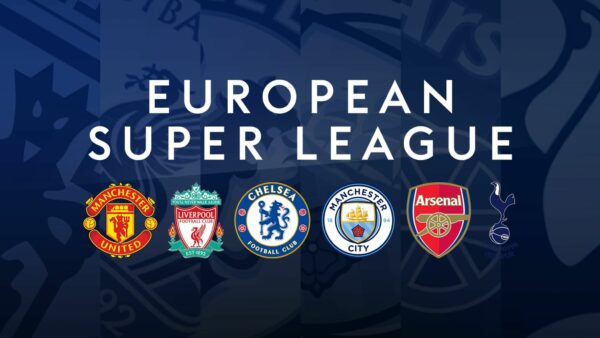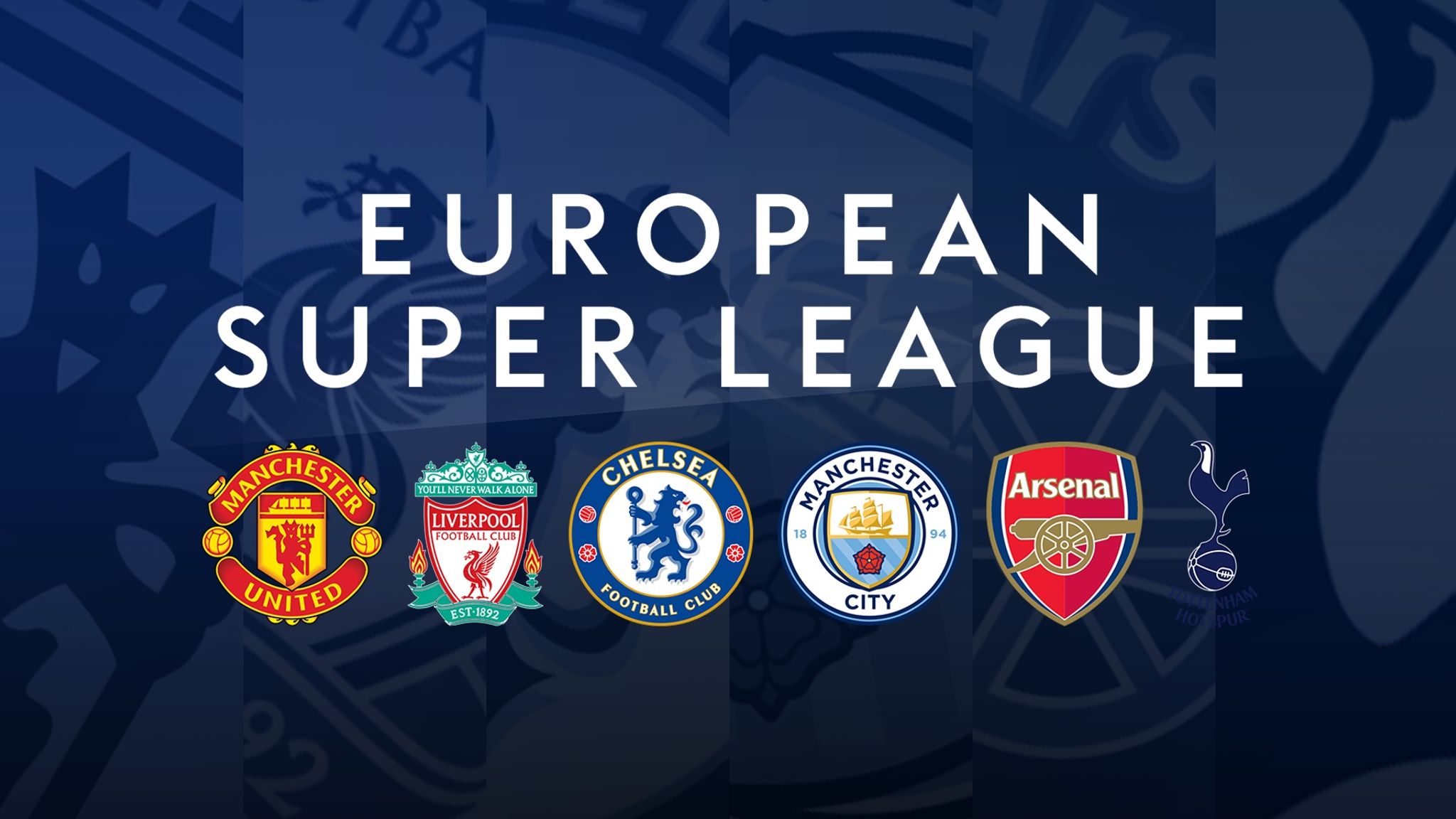
It will be remembered as a flash in the pan, but the recently proposed European Super League rocked soccer and, indeed, world sports to its foundations. It was an attempted power grab by the money men involved in the once beautiful game but one that was crushed by fans across the world.
With the teams confirmed, announcing their plans to break away and create a European Super League it looked like a done deal. It seemed so certain experts working on sports betting in Las Vegas were even making moves to accept bets on the competition’s first winners.
Cue a vicious backlash from supporters who said it went against everything the sport stood for. They rolled up their sleeves and, strengthened by the teams not invited to join the ESL; football supporters made their feelings clear. The competition wasn’t wanted, they would never support it, and it was a non-starter.
European Super League explained
What exactly is all the fuss about, and what is the European Super League? It was a football competition proposed to replace the UEFA Champions League. It was to consist of two leagues of teams with a round-robin format. The three highest finishing sides would progress to the knockout stages with a selection of others involved in a playoff to join them. The play would then start to whittle down the teams until left with two who met in the final.
Sounds exciting. What was the problem? The main problem for most football fans was the Super League was a closed shop, reserved for the wealthiest sides to get even richer. The 18 to 20 teams would rake in a massive income for their involvement, leaving everyone else on the outside looking in. No relegation sits well with the business heads behind the idea, but it wasn’t something that appealed to the average fan who viewed it as a robbery of all they held dear in sport.
Protests in England made government act
Six English Premier League clubs – Man Utd, Arsenal, Chelsea, Tottenham, Liverpool and Man City – were involved in the ESL, making the shock announcement last week. It was a plan that must’ve been going on behind the scenes for quite some time, but the news seemed to catch most sports lovers off-guard. Added to the heightened tensions of the coronavirus lockdown that has seen supporters locked out of stadiums for more than a year in some parts of Europe, it was a recipe for disaster. This became obvious very quickly.
Hundreds of English football followers broke covid laws to gather in protest. They took their opposition to the streets, their team’s home arena, and even the training field. They acted swiftly, making worldwide news and causing panic. Police and club security were drafted in to help control the protests, which caught the eye of the UK government in London. British prime minister Boris Johnson became one of the most high profile names to break cover and condemn the English sides for their involvement in the Super League.
Clubs back down with some even apologising
Manchester City was the first club to announce their withdrawal, quickly followed by fellow English team Chelsea who informed the media of their sudden change of heart. Later that evening, the remaining Premier League teams pulled out.
The co-owner of Manchester United, Joel Glazer, penned an open letter to fans of the Red Devils in which he apologized for the club’s involvement in the European Super League and said they aimed to rebuild trust with fans. Across the city and Manchester City’s CEO, Ferran Soriano, wrote to fans and apologized for the mistake made and for the anguish it has caused during the fallout.
Liverpool John Henry was forced into a climb-down after he withdrew the Reds from the competition just 48 hours after signing up for it. An embarrassing episode for all concerned but not one a simple apology will fix. Fans and pundits are out for blood, and we could see heads roll. In the coming weeks, it’s possible those involved in the process of signing clubs up to the ESL scheme could lose their job or be shamed into selling up and moving on. The Super League is dead in the water, but we’ve not heard the last of this.
